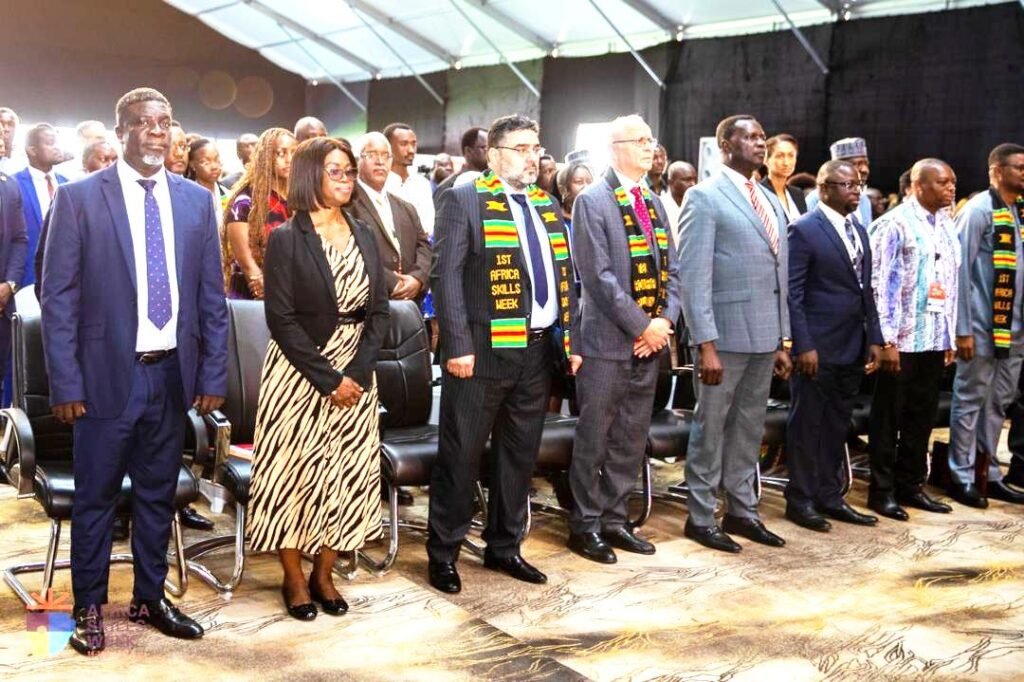
The Director-General of the Commission for Technical Vocational and Education Training (CTVET), Dr Fred Kyei Asamoah, has made a case for the adoption of Ghana’s Sector Skills Bodies (SSB) as a model for skills development in Africa.
He explained that the SSB model was one way of ensuring that Technical Vocational and Educational Training (TVET) institutions closely aligned with the industries they served.

Speaking on the theme, “Boosting excellence and innovation in TVET: Interregional Policy Dialogue and Global Agenda Setting,” at the just ended Africa Skills Week (ASW) which took place at La Palm Beach Hotel in Accra on Friday, he said TVET education remained the surest means to addressing the continent’s growing unemployment challenge.
The ASW which took place from October 14 to 18, 2024 was hosted by the Government of Ghana and organised by the African Union (AU).
The theme for the five-day conference was “Skills and jobs for the 21st century: Quality skills development for sustainable employability in Africa”.
It aimed to catalyse action towards improving systems, processes and policies to drive the transformation of skills development across the continent, so that Africans can be future-fit to adapt to the demands of the 21st-century workplace.
The AU aims to institutionalise Africa Skills Week as part of a broader effort to implement its Agenda 2063 blueprint and build resilient, transformative education and skills ecosystems across Africa.
Dr Kyei Asamoah said Ghana had taken the lead in advancing technical and vocational education on the continent and stand in readiness to share the country’s transformative journey in that direction with the continent.
Dr Kyei Asamoah said the government of President Nana Addo Dankwa Akufo-Addo over the last seven and half years had spearheaded a lot of reforms in the TVET sector.
Outlining some of the key policy reforms spearheaded by the government over the period, he said the introduction of the Free TVET was not just a flagship initiative to remove financial barriers but to make technical education accessible to all.
“This is not just about making education affordable; it’s about positioning TVET as an attractive, first-choice option for young people looking to gain relevant skills for the modern job market,” he emphasised.
He also highlighted the significant role of the Competency-Based Training (CBT) model and the Ghana Jobs and Skills Project, initiatives that were reshaping the way technical education was delivered in Ghana, stressing that “By aligning training with industry needs, Ghana is ensuring that its graduates are prepared for the demands of a rapidly evolving economy.”
The Director General underscored the importance of international cooperation, stressing that interregional partnerships are essential in addressing common challenges like youth unemployment, skills shortages, and the need for continuous upskilling.
He called on global stakeholders to strengthen Centres of Excellence and foster innovation ecosystems by connecting research and industry.
He reinforced Ghana’s commitment to the United Nations Education Science and Cultural Organisation (UNESCO)’s strategy for TVET 2022-2029 and advocated for a global TVET agenda that promoted excellence, lifelong learning, and social inclusion.
“Ghana is ready to continue leading the way in transforming TVET in Africa,” he remarked, “and we invite our partners to join us in shaping a future where skills drive sustainable development,” he emphasised.
BY CLIFF EKUFUL
The post At just-ended maiden Africa Skills Week: Replicate Ghana’s TVET in Africa… to address unemployment challenges on continent – Dr Asamoah appeared first on Ghanaian Times.
Read Full Story
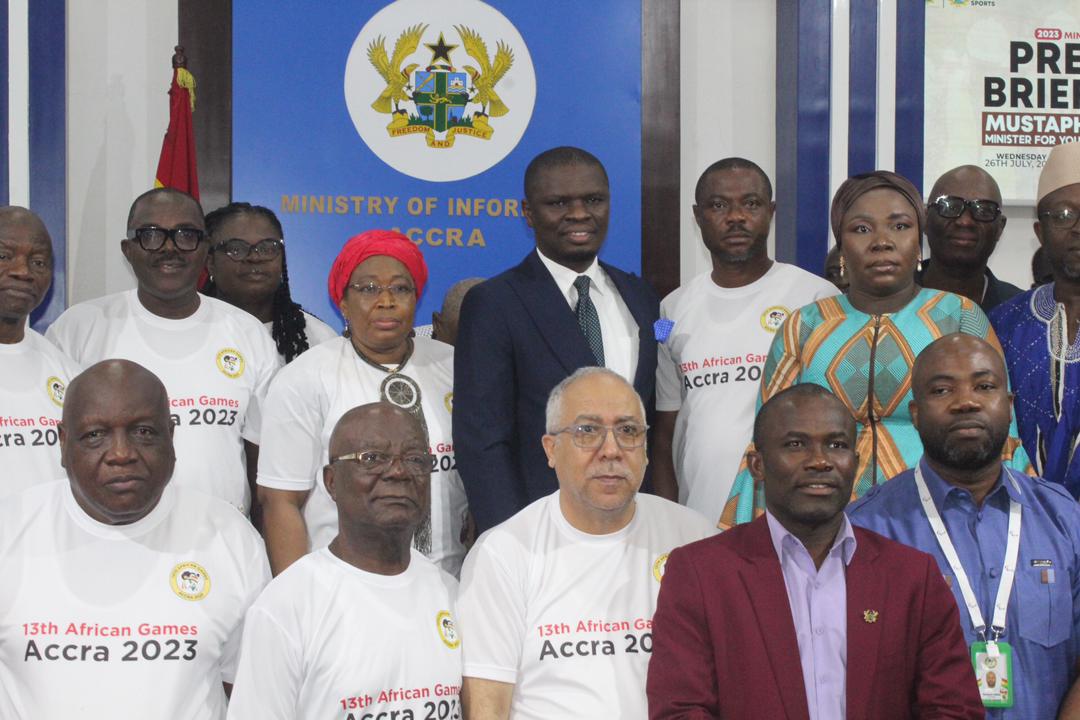
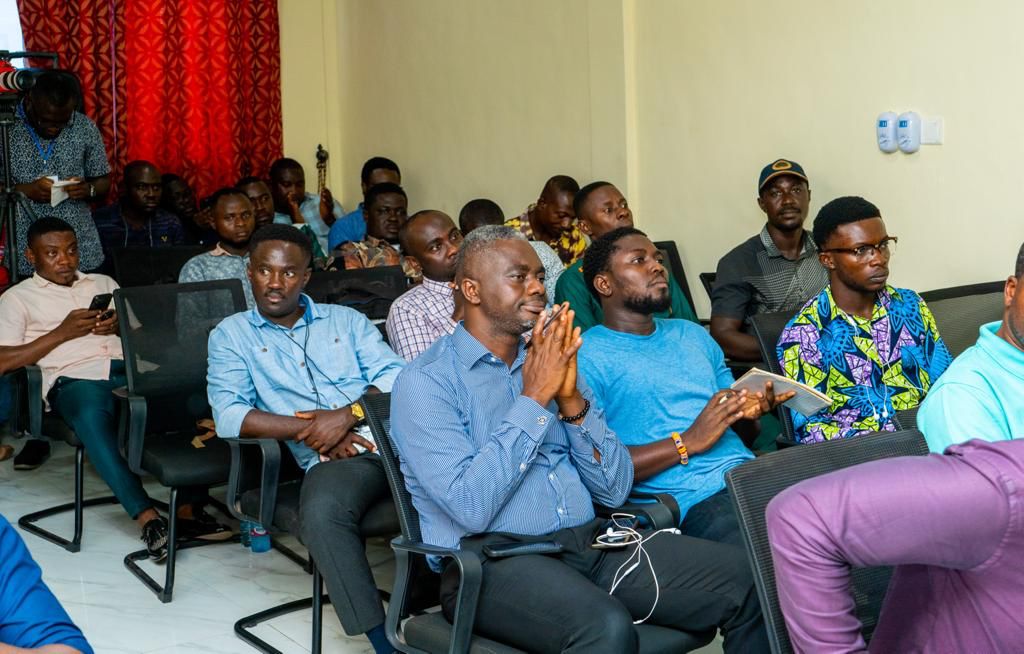

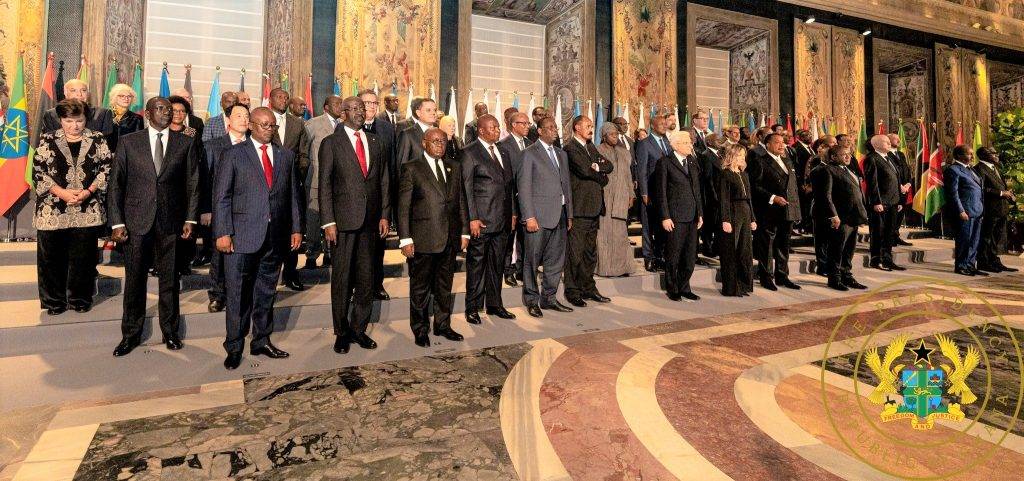
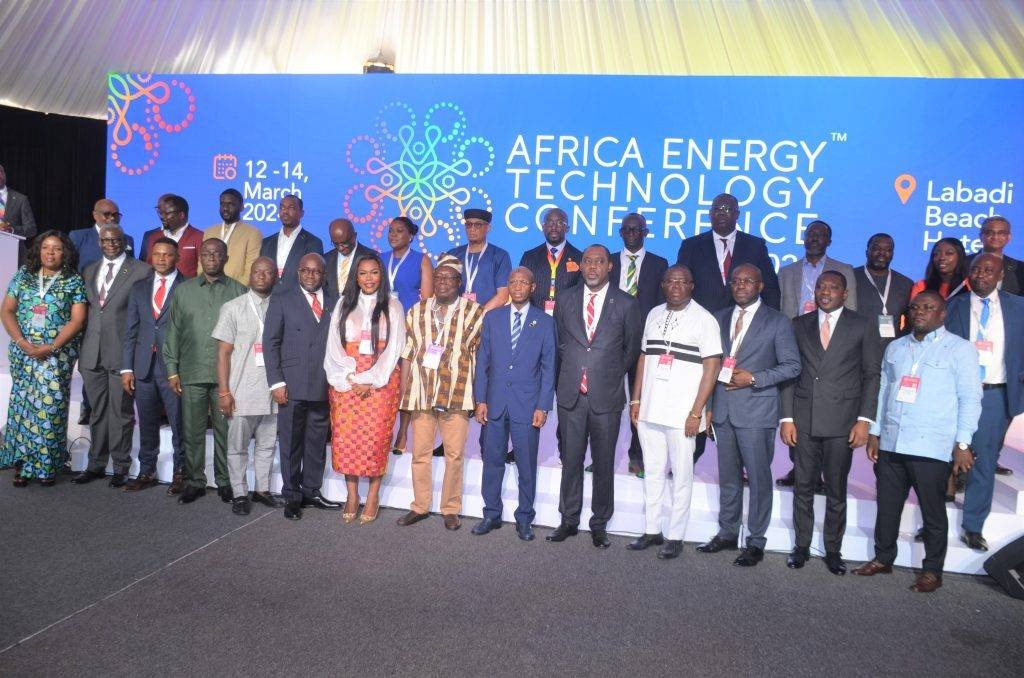







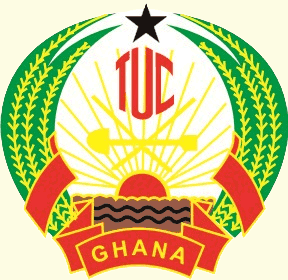


Facebook
Twitter
Pinterest
Instagram
Google+
YouTube
LinkedIn
RSS